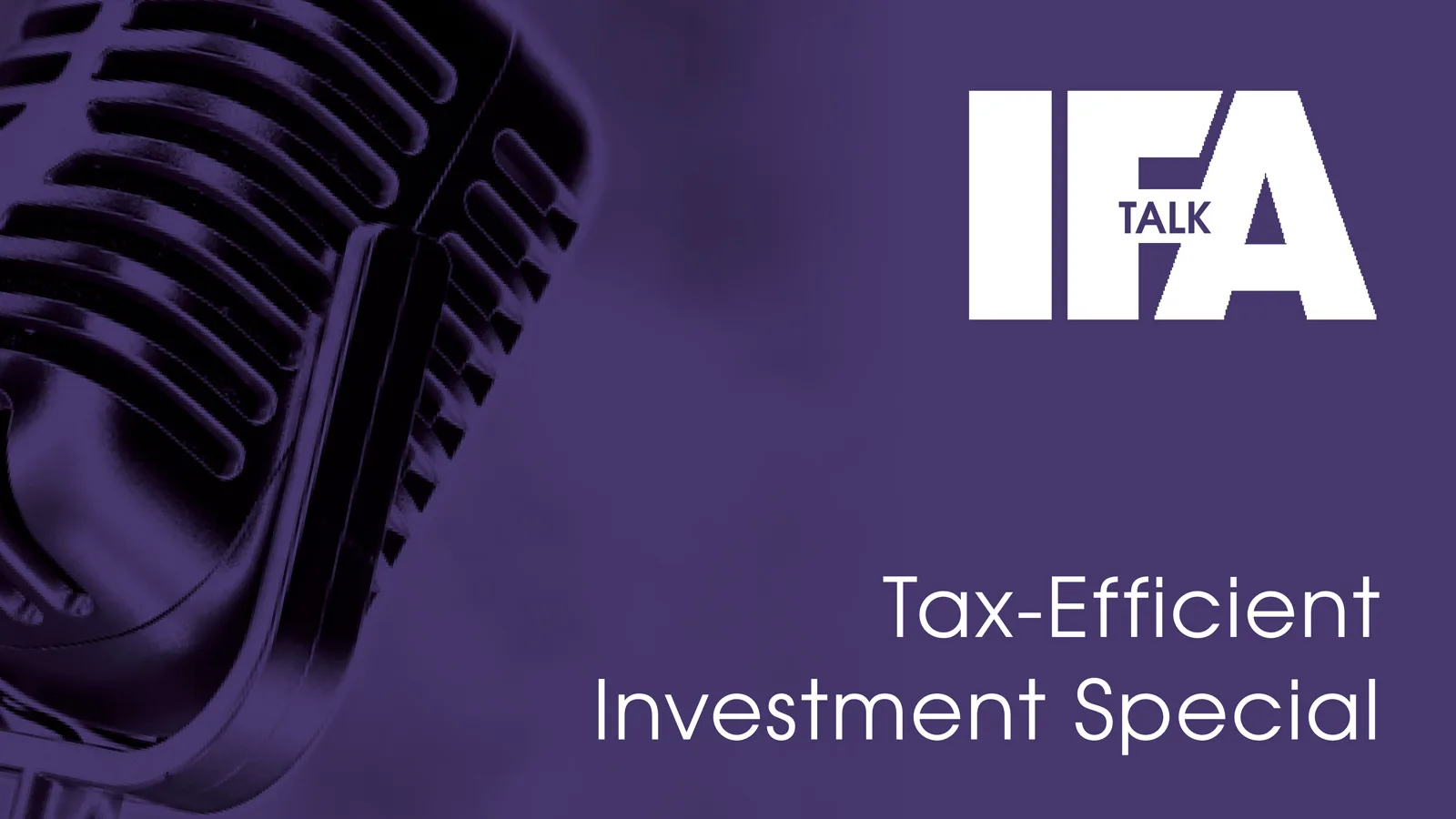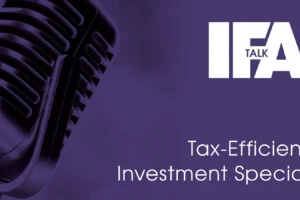With a new tax year underway, we at GBI Magazine are excited to bring you a new series of exclusive interviews with industry experts. In this series, we speak to key figures in the tax-efficient space to find out their outlook on the new tax year, hear their thoughts on the 2023-24 tax year, and provide their tips for advisers.
The first in this series is with James Dmello, Head of IFA Distribution at Fuel Ventures. He provides his outlook on the year ahead and outlines the key lessons that investors will have learnt from the 2023-24 tax year.
Q: It’s a new tax year but what does that mean for tax-efficient investing?
“After a short breather for IFAs and providers from the chaos that is always the last few weeks of the tax year, A new tax year brings fresh opportunities for investors to benefit from tax-efficient investment schemes like the SEIS, EIS, and VCT. As most IFAs will be aware, these schemes are designed to encourage investment into innovative, young, growth-oriented companies by offering attractive tax reliefs to mitigate the risks associated with early-stage companies.
“For investors, aside from the investment merit, this means the ability to offset a portion of their investment against their income tax liability, potentially defer capital gains, and benefit from tax-free growth on these investments. Given the recent cuts in the CGT allowance & dividend allowance, It’s an excellent time to reassess financial goals and consider how leveraging these schemes could align with long-term investment strategies while supporting the UK’s vibrant startup ecosystem.”
Q: Will it be a happy new tax year for tax-efficient investing?
“I think so, despite broader economic & political uncertainties, the stability and continued availability of SEIS, EIS, and VCT schemes provide a reliable avenue for investors looking to diversify their portfolios and support young companies with potential for substantial growth.
“This year, we are likely to see more investors taking advantage of these opportunities as awareness of their benefits grows. The landscape of tax-efficient investing is expanding with new funds coming to the market (Fuel Ventures launched our new VCT in January 2024 and raised one of the largest maiden fundraises for a new VCT provider thanks to our partners and investors) and this, coupled with the reversal of the angel investor rule changes, suggests that investors can approach the new tax year with justified optimism.
Q: Are there any lessons to be learnt from 2023-24?
“Several key lessons have emerged that can benefit investors in the venture capital sector. Firstly, the importance of diversification was underscored, as market fluctuations highlighted the risks of overconcentration in any single investment area. Investors have seen the benefits of spreading their investments across different sectors and stages of business development.
“Another critical takeaway is the value of due diligence. The performance of SEIS, EIS, and VCT investments during the last year demonstrated that thorough research and selective investment choices are essential. This approach helps mitigate risks associated with early-stage investments and maximises potential returns. These lessons from the previous tax year are invaluable as they provide a foundation for making more informed investment decisions in the new tax year and holding fund managers accountable for their performance and service.”
Q: With a general election likely to happen, what’s the outlook for the year ahead?
“With a general election, the outlook for tax-efficient investing may be seen to carry a degree of uncertainty, which is typical around significant political events. However, historically, schemes like SEIS, EIS, and VCT have enjoyed cross-party support due to their role in stimulating economic growth and supporting innovative startups. (For example, the S/EIS was introduced under a Labour government.) Therefore, I would anticipate continued backing for these initiatives regardless of the election outcome.
“That said, investors should be prepared for potential shifts in policy that could affect the investment landscape. Being proactive in understanding these elements can help IFAs and their investors navigate any changes effectively. While the political landscape may introduce some variability (when doesn’t it!?), the fundamental appeal of S/EIS & VCT, particularly its role in fostering economic resilience and innovation, likely ensures its ongoing viability as an attractive investment strategy.”
Q: Lastly, do you have any tips for advisers on how best to take advantage of tax-efficient investments for their clients and why?
“The most important thing I will say on this is that the types of investments clients get access to via these schemes is 100x more interesting to most clients than whatever their funds in their SIPP or ISA have delivered that year. These investments are the sort of things clients will talk to their friends/colleagues about and should result in referrals to other clients for the IFA if done well.“

James D’Mello
Head of IFA Distribution – Fuel Ventures
James has gained a wealth of experience across diverse sectors of financial services over the past 15 years, Including banking, pensions & venture capital. During this time, His primary focus has been the IFA/intermediary market, where he has represented companies such as MetLife, Kuber and, more recently, The SidebySide Partnership. At Fuel, James leads the IFA distribution team.














